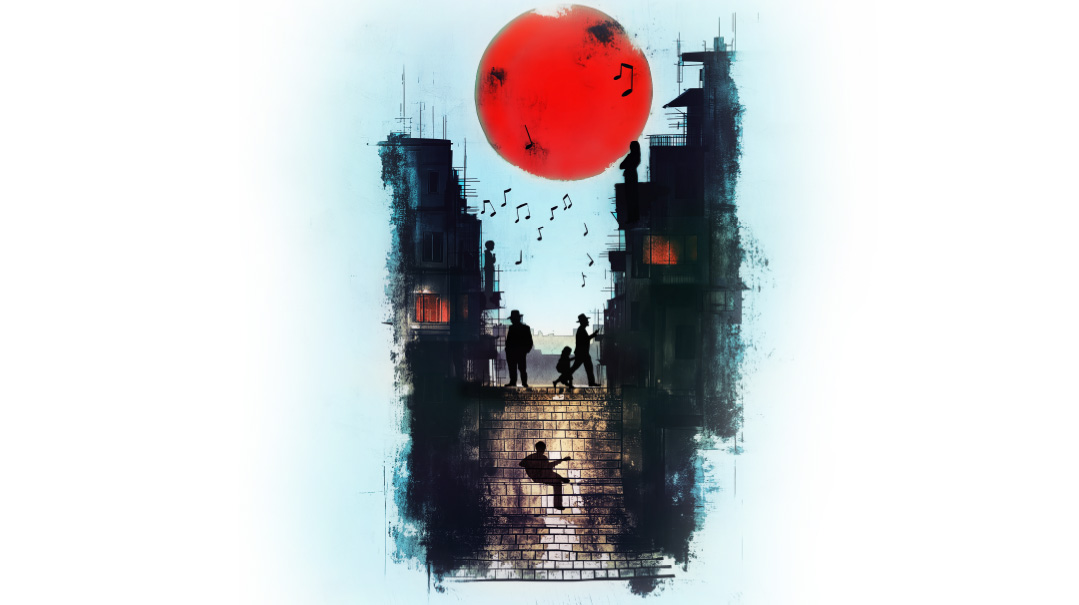Face the Music: Chapter 7

“We’re hardly the example of Yiddishkeit you want to show off,” Yaakov argued

“Everything ready for the seudah?” Yaakov was drumming his fingers on the counter, staring out the kitchen window at the gloomy sky.
“Just about,” Marissa said, emptying a container of roasted sweet potatoes over the salad bowl. “Tamar’s mixing up some more of her fantastic salad dressing and Elisheva will put out the dips, and then I think we’re done.”
Yaakov always got a bit nervous before hosting guys from the yeshivah. Marissa wasn’t sure why, but she recognized the pattern. Back when Rabbi Eisen had sent them their very first guests, just a few months after their wedding, Yaakov had pushed back. “Are you sure we’re ready to host?”
Rabbi Eisen smiled. “You have a table, you have food, you’re two intelligent and friendly people with lots of life experience. Why wouldn’t you be ready?”
Marissa had secretly agreed. Why not share the riches of Shabbos with other seekers?
“Because we’re so new at this. We’re hardly the example of Yiddishkeit you want to show off,” Yaakov argued.
“You’re exactly the example we want to show off,” Rabbi Eisen pushed back.
That’s how they had gotten into the habit of hosting small groups of searching young men every few weeks. Once the meals began and the initial formality faded, Yaakov warmed to the guests, sharing insights on the parshah, memories of his own journey to frumkeit, and witty takes on current events. But still, during that final half hour before the guests arrived, Marissa always discerned the tension and self-doubt of the early years.
Oops! We could not locate your form.



